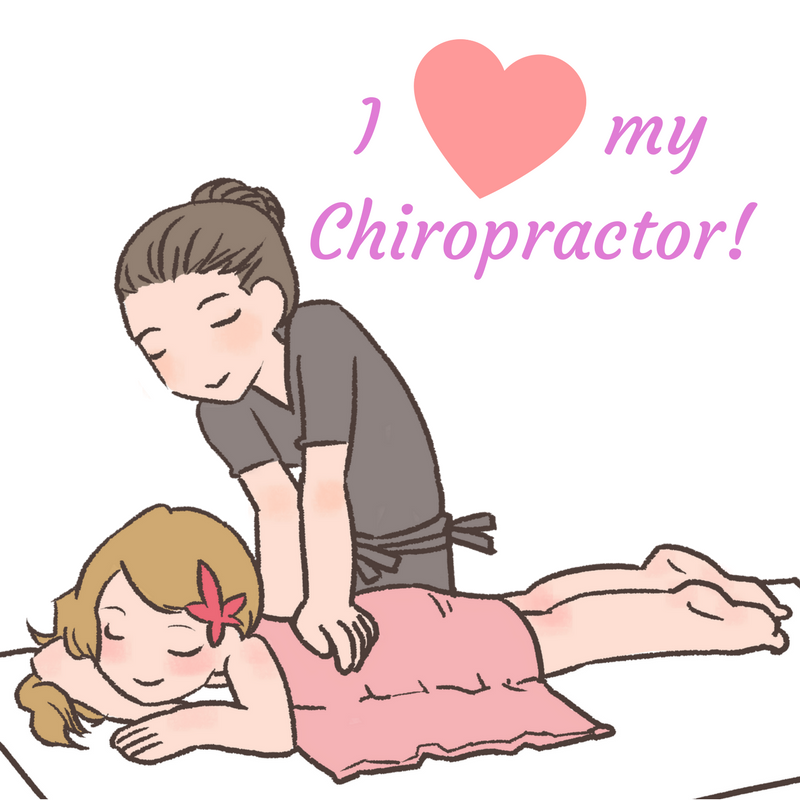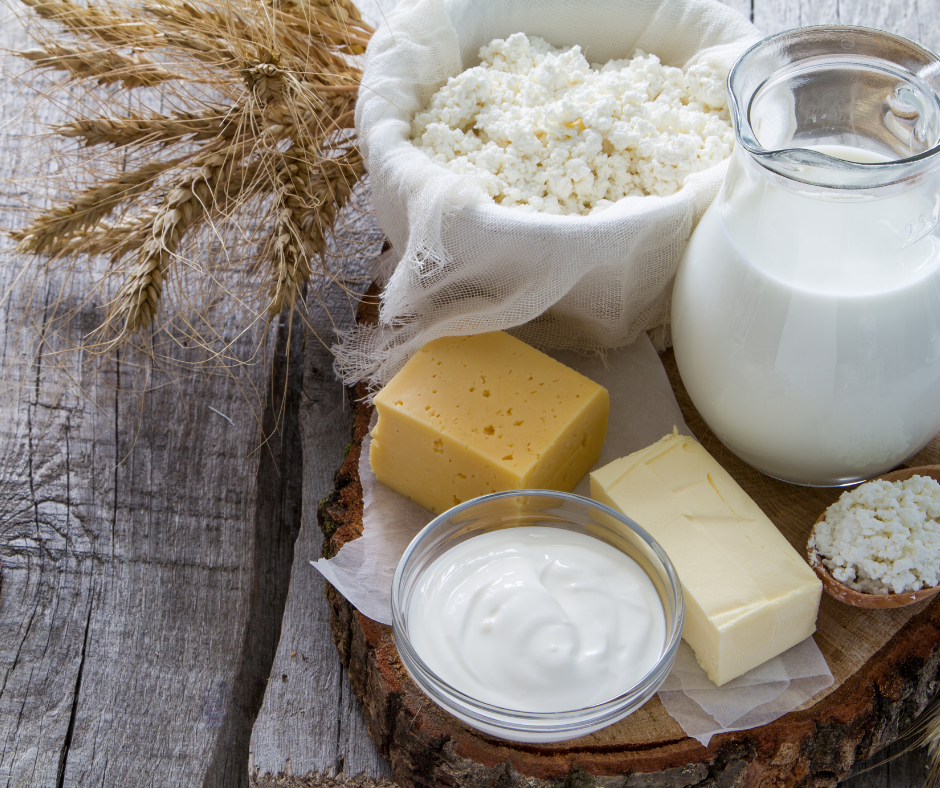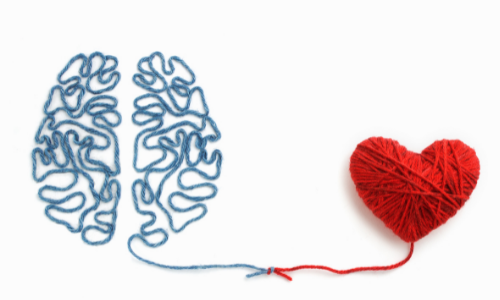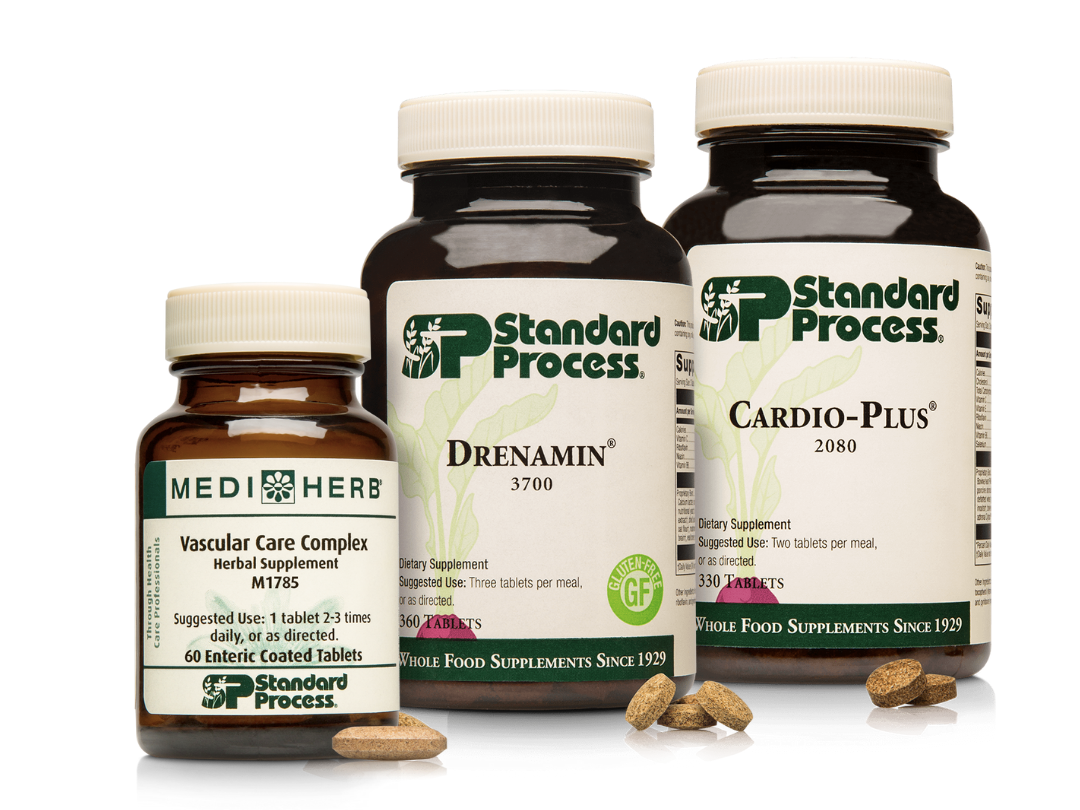By Claire Bacon, ACN, CNC
Most of us don’t think too much about our blood pressure – that is, until our doctor says it’s a problem! Having healthy blood pressure is usually something we take for granted. However, when you realize you’re facing a future with increased risks and prescriptions, that could be a wakeup call to figure out what the problem is. Too often, we see people taking prescriptions for their hypertension, without addressing the root cause of what made it go high to begin with. But we have also seen many people take full charge of their health and normalize their blood pressure naturally! With the right information, the choice is yours!
Chiropractic Benefits for Blood Pressure
Fundamentally, blood pressure is the force of blood pressing against the walls of your arteries. When blood pressure is high, this is a sign that your heart is under a heavier-than-normal workload. When uncontrolled, high blood pressure can quietly damage the heart, kidneys, blood vessels and more. The symptoms could be very mild, like a slight “whooshing” sound in the ears, or could go completely unnoticed. If this goes undetected and uncontrolled, it can lead to a multitude of consequences including stroke, memory loss, and heart disease.
Fortunately, chiropractic is an excellent part of your self-care that has been clinically shown to help with blood pressure. One basic principle of chiropractic is to help the body help itself. The body naturally looks to balance itself for optimal internal communication and function. Chiropractic adjustments restore integrity of the spine and relieve tension on the surrounding areas. By putting the neck and spine in their proper alignment, adjustments facilitate the natural communication between the brain and nervous system. When you remove the misalignments, you restore the full capacity for blood flow and proper hormonal communication pathways.

“Normal Chaos” and Effect on Blood Pressure
This may be surprising to you, but many of the foods we eat in our “typical American” diet are actually major stressors on the body. Remember, a stressor can be anything physical, chemical, or emotional that places a negative burden on us. Any stressor in life can impact our blood pressure. Blood pressure naturally goes up when we run, to circulate more oxygen and nutrients to the brain and working muscles. Chemical toxins such as those contained in processed foods certainly stress the body. And of course you know the feeling when “your blood is boiling” when something really upsetting happens. Can you imagine, if on a daily basis you might experience literally all of these stressors?
- Wake up exhausted because you haven’t had enough sleep
- Chug a large conventional coffee with milk and sugar to get going
- Get frustrated with traffic as you’re racing to work
- Spend your day multi-tasking on the computer
- Work through lunch so you grab a vending machine snack
- Have a meltdown because when you finally get to leave, your car won’t start!
Food Sensitivities
Certainly, the chaos of modern life often surprises us, and leaves us with no time for cooking. However, if this sounds like you more days than not, you better get a handle on your time management, and quickly! However, some things are within our control. Take a step back and journal what you can remember eating this week. If you’ve had more than you would like of convenience-type foods, you’re not doing yourself any favors. Especially fast food, or foods made with dairy or wheat, are the most common sensitivities. It’s an easy experiment – just see if you could take two weeks away from these foods, and see if you notice a good change to your blood pressure!

In general, your diet should be low in refined sugar and grains, caffeine, and alcohol; try to consume more fruits, vegetables, leafy greens, and nuts. And, you may like to restrict your meat consumption. Some studies have shown consumption of a vegetarian diet has been associated with lower blood pressure, compared with a diet containing red meat. We recommend the Mediterranean diet and DASH diet. Both are very similar and based on whole foods. We would caution to limit the potential sensitivities like dairy, wheat, and other gluten-containing grains.
Salt intake should be low but not zero; don’t stop your salt! Did you know, severe salt restriction may impair glucose tolerance and have other adverse effects. We recommend the Pink Himalayan or Celtic Sea Salt daily. These natural salts contain more than just sodium – they contain many other trace minerals in naturally occurring ratios. Natural sea salt is always a health food!
It may surprise you, but sugar is a lot more harmful than salt to someone with high blood pressure. It’s the most inflammatory thing we can put in our mouth!
The Effects of Emotional Stress
It may be common sense that an elevation of blood pressure occurs with situations of tension or stress that happen in life. It is common for your blood pressure to go up when you are excited or nervous, or even when calm but in unusual surroundings (like a doctor’s office). Have you ever noticed, that’s the first thing they do is take your blood pressure – and you’ve just raced across town in traffic, worried about the appointment, then waited half an hour getting more and more frustrated? Of course your blood pressure will be high! If this sounds familiar, you may like to keep a journal at home with your daily blood pressure measurements. Then you’ll have good documentation to show your Doc how your body runs under normal circumstances.

When Your BP is too Low
Hypotension, or low blood pressure, is when your blood pressure is lower than normal, i.e. 90/60 or below. Potentially, having blood pressure this low on a regular basis may not cause symptoms. But if it causes dizziness or fainting, it can require medical attention. Potential causes of occasional low blood pressure may include:
- low blood sugar
- adrenal or kidney insufficiency
- change in position from sitting to standing
- weak heart and circulation
- low blood volume
- hormonal changes
- excess alcohol
- vitamin deficiencies (B vitamins and/or iron)
- prescription medications.
Blood pressure that is too low can be dangerous because of the risk for falls and concussions. And, poor circulation to the extremities can put you at risk for blood clots and varicose veins. If you notice symptoms while working out, take it easy and listen to your body. Keep in mind a few tips to help prevent symptoms of low blood pressure:
- always drink plenty of water
- wear compression socks to aid circulation
- with the first sign of dizziness, just sit down
- optimize your vitamin support.

Essential Supplements:

Drenamin – This is a great product to support your stress-handling glands, which produce the hormones that regulate your blood pressure. Drenamin contains adrenal extract, with relaxing B vitamins and vitamin C for a perfect fuel to keep on going while managing your stress.
Cardio-Plus – This is a perfect multivitamin for the heart and cardiovascular system. It provides necessary vitamins for your muscles, like vitamin C, E, B and heart extract. We love this product for how it conserves oxygen in your tissues, and helps you breathe easier with aerobic exercise. It’s beneficial whether you’re an athlete pushing high intensity, or if you have health issues and symptoms of low oxygen. This blend can help the heart not have to work so hard, and that’s a very good thing!
Vascular Care Complex – This is a combination of Butcher’s Broom, Horsechestnut seed and Ginkgo leaf to strengthen the vascular system – very helpful when blood pressure tends low, or when you feel heaviness in your legs. This blend helps to reoxygenate your blood, promotes circulation, and supports the structure of your veins.
Final Thoughts
Now that you have a good understanding of the reasons behind high and low blood pressure, you can make better health choices for yourself.
If you’ve been wondering if there’s anything else you can do to improve your blood pressure, I hope we’ve given you a few new ideas! Let us know if you’d like further direction!
We thank you for sharing this message with your family and friends!


